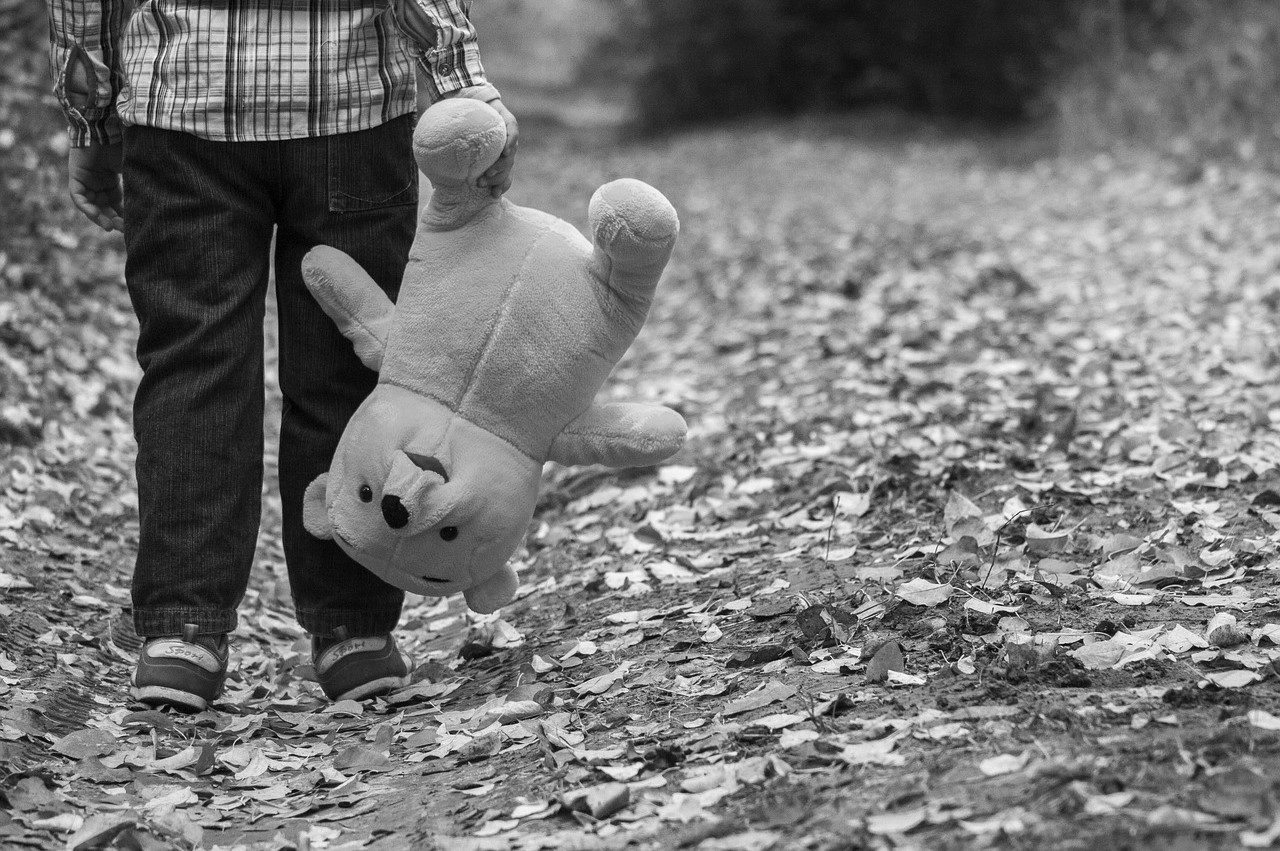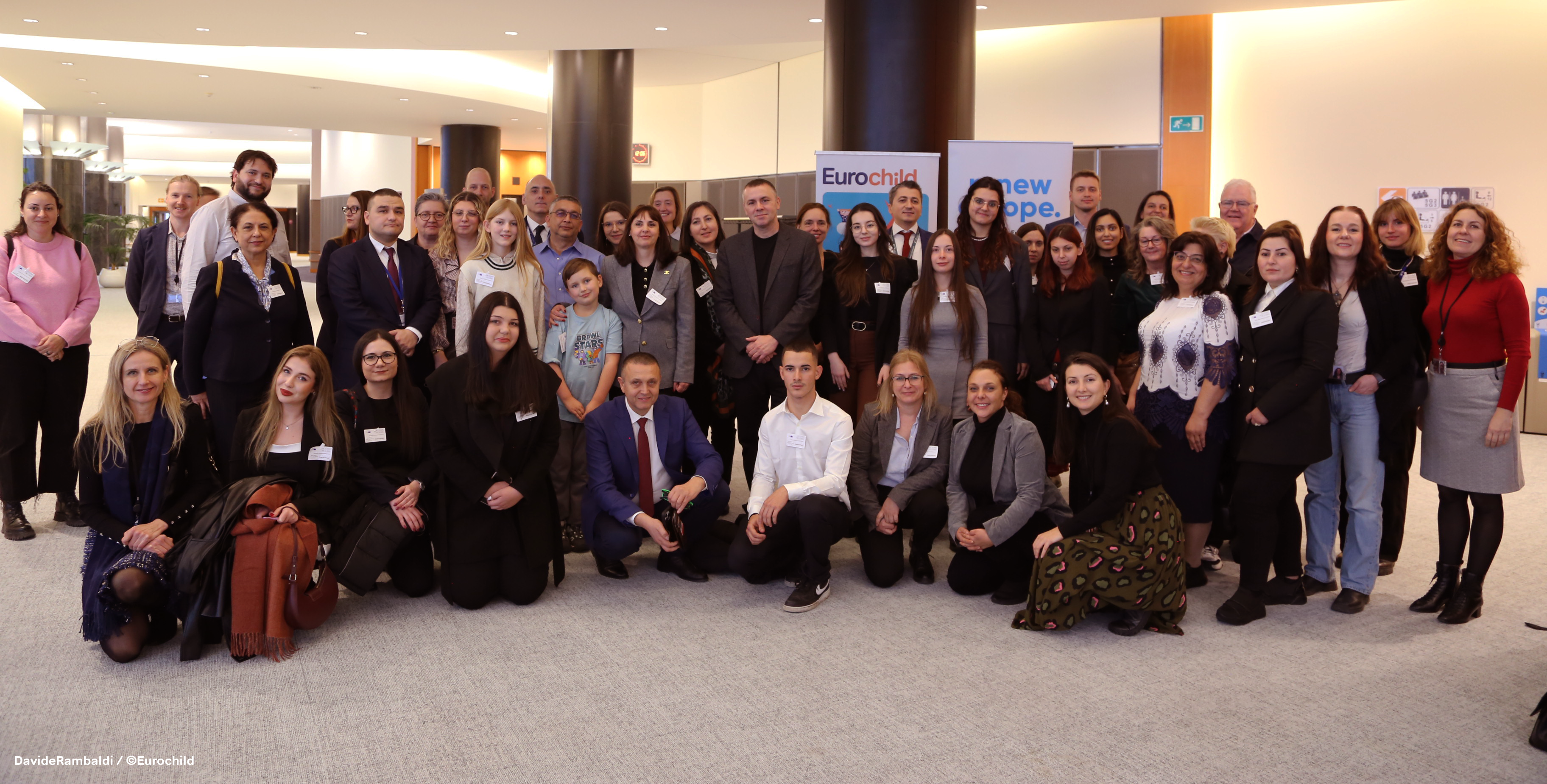The revised EU Anti-Trafficking Directive strengthen measures to protect child victims
Aligned with the amendments proposed by Eurochild, Hope and Homes for Children and 10 other civil society organisations, the revised EU Anti-Trafficking Directive strengthens measures to protect the most vulnerable, including children from institutions.
On 23 April 2024, the European Parliament adopted the revised EU Anti-Trafficking Directive, marking a pivotal step in the fight against child trafficking. The urgency of this revision is underscored by recent statistics revealing that children represent 15% of reported trafficking victims in the EU. Overall, the Directive strengthens measures to prevent and tackle child trafficking, reflecting many of the amendments that Eurochild, Hope and Homes for Children and the other 10 civil society organisations have been advocating for in the past year. This represents a significant advocacy success for the child rights community, obliging Member states to introduce specific measures to protect child victims.
Central to the Directive is the establishment of transparent and harmonised referral mechanisms for early victim detection, emphasising cross-border cooperation and unified approaches among Member States. Additionally, the Directive prioritises providing specialised assistance and support for victims, ensuring a child-sensitive approach throughout identification, reporting, and legal proceedings. Victim support includes providing appropriate and safe accommodation, material assistance, necessary medical treatment and education. In line with the child best interest, Member States are mandated to appoint a guardian or representative when necessary. The text introduces prevention strategies, including awareness campaigns and education programmes, and training for professionals to engage with children in a child-sensitive manner. The Directive also adds illegal adoption to the list of exploitation of the Directive.
The Anti-Trafficking Directive also highlights that ‘’children placed in residential and closed-type institutions are a group particularly vulnerable to trafficking in human beings. They can fall victim of trafficking when being placed in these institutions, during their placement and after’’ and encourages states to ‘’ensure that national child protection systems develop specific plans to prevent trafficking in human beings, including for children in residential or closed-type institutions.’’ According to the revised Directive, ‘’Any measure constraining the children’s liberty in order to protect them should be strictly necessary, proportionate and reasonable to the aim of protecting the individual child.’’
As highlighted by ERCE, ESWA, GAATW, VSE, La Strada International and PICUM, some aspects linked to victims’ rights, especially children on the move, should have been further elaborated. Therefore, it is crucial that the rights of victims are given top priority during both the transposition and implementation phases. The adoption of the revised Anti-Trafficking Directive represents a vital milestone in strengthening the child protection systems across the EU. We commend the EU institutions for having included our suggested amendments, and look forward to the implementation of the Directive, continuing to advocate to ensure that every child is protected against child trafficking.
For further information you can contact Francesca Pisanu, Eurochild EU Advocacy Officer.




